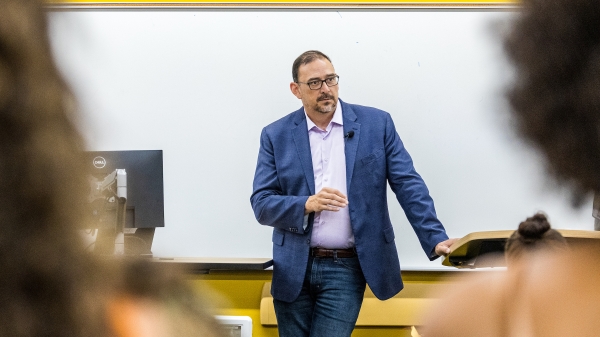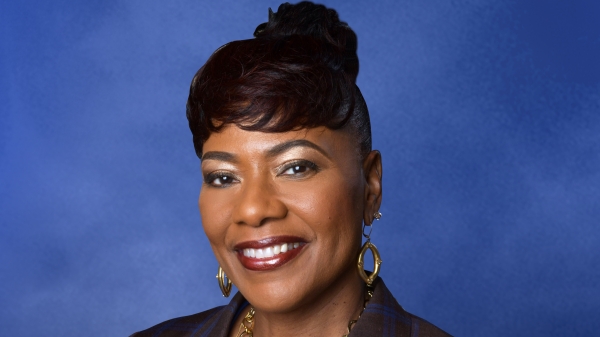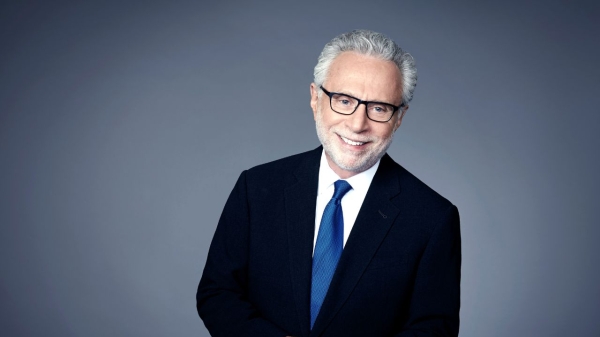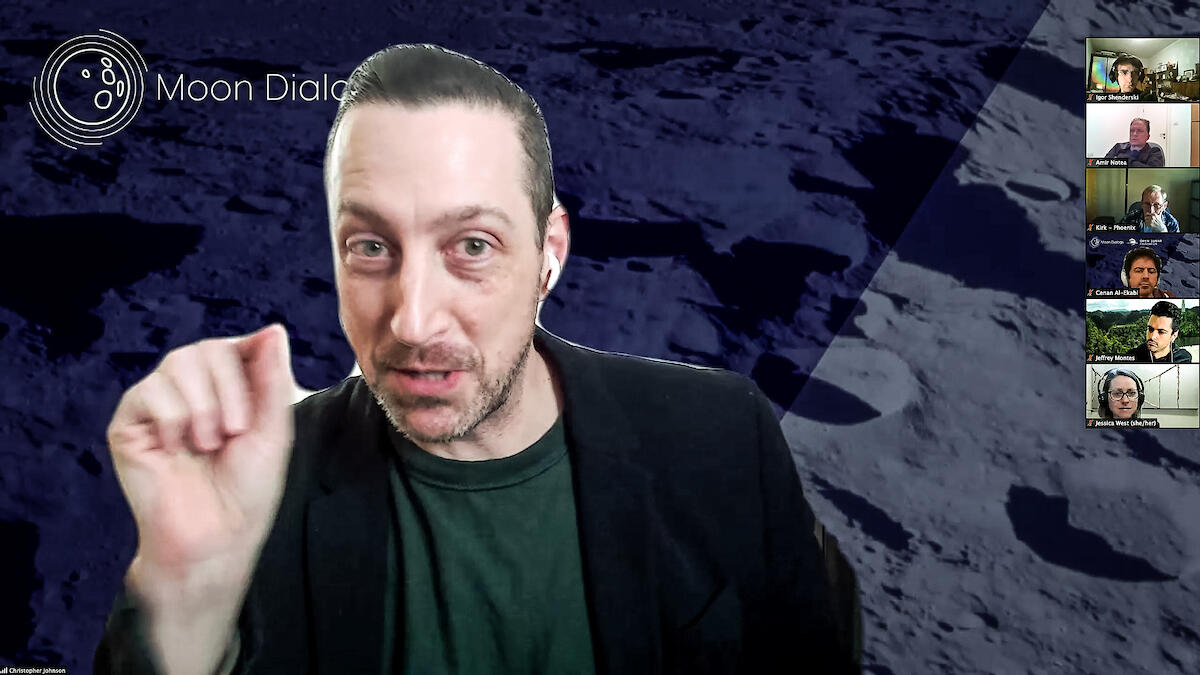Can lunar exploration be peaceful?
It’s a subject worthy of being hashed out, a panel of experts thinks.
Access, sustainability and resource management were all subjects covered at an expert panel discussion last week sponsored by Arizona State University’s Interplanetary Initiative.
The event was part of the Moon Dialogs, a series of lunar policy development workshops for subject matter experts in both space and terrestrial policy.
Last October the Artemis Accords — principles for cooperation in the civil exploration and use of the moon, Mars, comets and asteroids — were signed by the directors of eight national space agencies: the United States, Australia, Canada, Japan, Luxembourg, Italy, the United Kingdom and the United Arab Emirates. Ukraine and Brazil signed it later in 2020.
Will competition for national prestige upend the Artemis Accords, or the Outer Space Treaty of 1967, which forbids all military activity off Earth?
“Are we going to see great power rivalry on the moon?” asked moderator Chris Johnson, who teaches space law at Georgetown Law and the International Space University. “Or is that going to be affected by other states eager to do things on the moon, like Israel or India? … There’s going to be rivalry there in who gets there first and sets the rules.”
Timiebi Aganaba-Jeanty, an assistant professor in the School for the Future of Innovation in Society at ASU and an expert on space law, said there needs to be a legal framework in place.
“If we don’t start talking more about state responsibility, we’re not going to get anywhere,” she said. “It’s OK to say we should have norms, but if there’s no accountability it doesn’t matter.”
Space law gives anyone the right to explore the moon.
“How do we ensure … that everyone has that freedom (to explore the moon)?” Johnson asked.
Panelists extended that thought to individuals as well as state actors.
“What does democratizing space mean?” asked Mehak Sarang, the lunar exploration projects lead at the Space Exploration Initiative at MIT Media Lab. “Is it increasing access for nonspacefaring countries? We need some kind of definition.”
Sarang works supporting projects related to lunar exploration, including an upcoming lunar payload to be flown onboard Blue Origin's inaugural lunar lander, Blue Moon.
She spoke about proselytizing the message of “for all mankind.”
“How do we keep communicating this vision to people outside the industry?” she said.
Top image: Chris Johnson, a space law adviser with the Secure World Foundation, speaks in the monthly Moon Dialogs webcast on Feb. 26. The discussion focused on accountability, responsibility and appropriate usage of the moon by lunar-exploring countries. The United Nations has jurisdiction of the governance of space exploration. Screen grab by Charlie Leight/ASU
More Law, journalism and politics

Arizona secretary of state encourages students to vote
Arizona Secretary of State Adrian Fontes looked right and left, taking in the more than 100 students who gathered to hear him speak in room 103 of Wilson Hall.He then told the students in the Intro…

Peace advocate Bernice A. King to speak at ASU in October
Bernice A. King is committed to creating a more peaceful, just and humane world through nonviolent social change.“We cannot afford as normal the presence of injustice, inhumanity and violence,…

CNN’s Wolf Blitzer to receive 41st Walter Cronkite Award for Excellence in Journalism
Wolf Blitzer, the longtime CNN journalist and anchor of “The Situation Room With Wolf Blitzer,” will accept the 41st Walter Cronkite Award for Excellence in Journalism, Arizona State University has…
